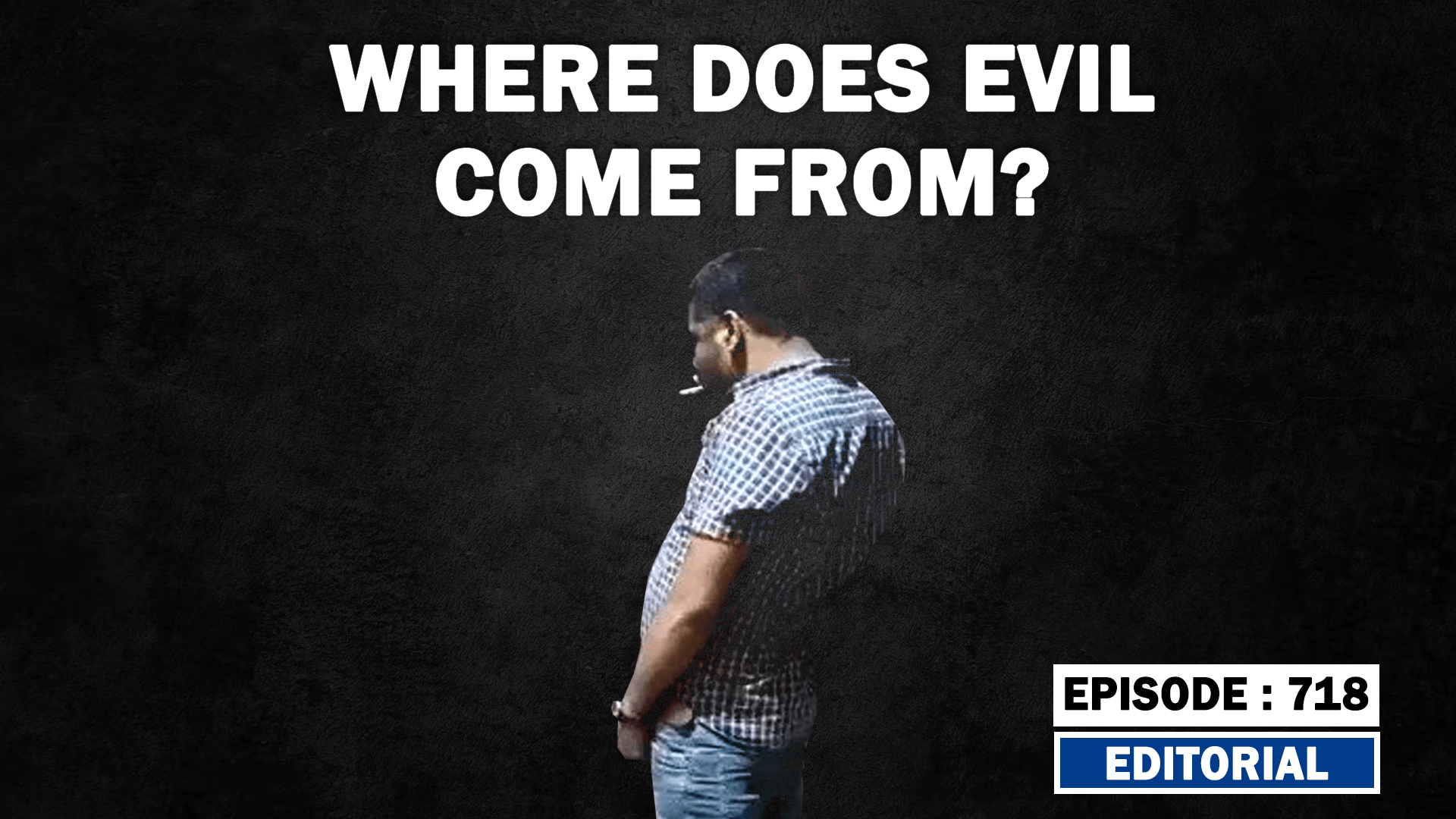Join Our WhatsApp Group: Sujit Nair Group
In this thought-provoking editorial episode, Mr. Sujit Nair delves into the profound impact of the Stanford Prison Experiment, drawing a parallel to the disheartening reality unfolding in India. He sheds light on the distressing instances where the marginalized communities, including Schedule Caste and Schedule Tribes, as well as certain minorities, endure unimaginable torture and, tragically, even lose their lives.
With a firm conviction, Mr. Nair passionately underscores the significance of addressing these grave issues. He astutely highlights recent cases of mob lynchings in Nasik and Solapur, which serve as painful reminders of the brutality that unfolds when prejudice and violence intertwine. Moreover, he spotlights a deeply disturbing incident in Madhya Pradesh, where an act as degrading as one person urinating on a tribal man crystallizes the broader systemic injustices at play.
Through his insightful discourse, Mr. Nair prompts us to confront the unsettling realities that persist within our society and compels us to engage in a collective pursuit of justice, compassion, and equality.
the number of atrocities against the Tribal cases dealt by the NCST have significantly reduced over the last three years. The total number of cases that had been dealt with during the 2019-2020 period were 1558, which reduced to 533 during the 2020-2021 period. Further decrease can be observed as only 368 cases have been dealt with during 2021-22, in comparison to the 533 cases reported before that.
It is significant to note that the maximum number of that the commission dealt with during the period of 2021-22 were reported from the state of Rajasthan (72). The second and third highest number of cases were from Madhya Pradesh (46) and Jharkhand (35) respectively.
It was on February 6, 2023, during the special Budget Session of the Parliament, Lok Sabha member Shri Ajay Nishad (BJP), further asked for details regarding atrocities committed against Tribals. The government then provided the latest data based on the National Crime Records Bureau (NCRB) data, which is as follows:
As can be deduced from the table (refer the table below) detailing the number of atrocities against the Tribals, a total of 7570 cases were registered in the year 2019, which increased to 8272 in 2020, and 8802 in 2021. Thus, the number of cases registered saw an increase during the period of 2019-2021. Out of this, only 741 cases reached convicted in 2019, 347 cases in the year 2020, and 548 cases in the year 2021. Furthermore, it is also significant to note 1148 persons got convicted in the year 2019, which decreased to 605 in the year 2020, and then increased to 824 in the year 2021.
In contrast to the number of cases dealt with by the NST, which have decreased over the years, the number of cases being reported and registered have only increased over the same period of years. It is worrisome to see the rising number of cases and the unsafe environment that the Tribal community of India is living in.
Data shows increase in the number of cases registered, decrease in cases dealt by the NCST over the years
More than 1.9 lakh cases of crime against dalits were registered in four years from 2018, the Centre told Parliament earlier this week, citing National Crime Records Bureau (NCRB) data.
As many as 49,613 cases of atrocities and attacks on dalits were registered in Uttar Pradesh (11,924 in 2018, 11,829 in 2019, 12,714 in 2020, and 13,146 in 2021). States and UTs such as Manipur, Meghalaya, Mizoram, Nagaland, Lakshadweep and Andamans reported “zero cases since 2018”. Union MoS for home, Ajay Kumar Mishra, shared the data on Tuesday in response to a query by BSP MP Girish Chandra, who asked “if there was any mechanism to monitor such incidents”.
A total of 1,89,945 cases of crime against the community were registered in four years (42,793 in 2018, 45,961 in 2019, 50,291 in 2020 and 50,900 in 2021) in the country. Chargesheet was filed in 1,50,454 of them with 27,754 convictions.
In UP, chargesheet was filed in 41,684 out of 49,613 cases, with 15,455 convictions. Bihar stood second with 26,815 cases (same period), followed by Rajasthan (25,942), Madhya Pradesh (24,166), Maharashtra (9,196), Andhra Pradesh (7,871), Telangana (6,928), Karnataka (5,900), Gujarat (5,369) and Tamil Nadu (5,208), among others. In Delhi, 317 cases have been registered since 2018. It includes 136 in 2021. Chargesheet was filed in 242 cases with conviction in only three.
In his reply, the minister further said, “Police and public order are state subjects under the 7th Schedule. Maintaining law and order, protection of life and property of the citizens, including SCs, rests with respective state governments and they are competent to deal with such offences.”
The NCRB report also pointed that there has been a 1.2% increase in crime against SCs in 2021, as compared to 2020.
Moreover, 70,818 cases of atrocities against dalits await investigation (figure till 2021-end)
UP-based social activist, Naresh Paras said, “Data presented in Parliament is based on the FIRs registered. Ground reality is worse. Crime against dalits is on the rise. Government needs to study the matter in detail by involving activists, public representatives and civil society.”
“This community is not only the victim of the caste system but also faces institutional discrimination and social exclusion,” he added.
#PraveshShukla #Sidhi #Dalit #MadhyaPradesh #StanfordPrisonExperiment #SC #OBC #ST #ShivrajSinghChouhan #MPElections2023 #BJP #HWNews
As an independent media platform, we do not take advertisements from governments and corporate houses. It is you, our readers, who have supported us on our journey to do honest and unbiased journalism. Please contribute, so that we can continue to do the same in future.

